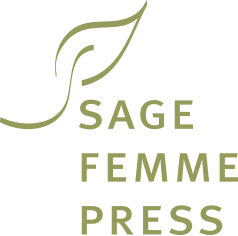I recently watched this 2015 documentary featuring Carolyn Forché and five other contemporary poets who have used poetry to describe and illuminate their experiences of war, imprisonment, exile and other kinds of extremity. Forché herself spent time in El Salvador during the brutal civil war of the 1980s and published a collection titled The Country Between Us featuring poems from those years in which she allows her imagination to work on experience to create art. The results, she says, stand as evidence of what happened to her and others during that time. She believes that, at the heart of what she has written, is truth.
I found her words encouraging because I often think back on poems I have written about my own years as a witness to struggle and suffering. As a nurse, I have doubted my right to speak for a patient whose son has been murdered on the street, a heroin-addicted woman who has given birth to yet another child she did not want, a bedbound elder alone and visited by no one, or a Salvadoran mother who left her children behind when she made the terrifying migration to Washington DC and suffers physically and emotionally as a result. Is it unethical? patronizing? necessary? One thing I have come to believe—I can give voice to those who are voiceless. Even though my imagination plays on my memories and perspective as witness, I trust that I can illuminate their lives through my words. They have souls. Their stories should be told.
